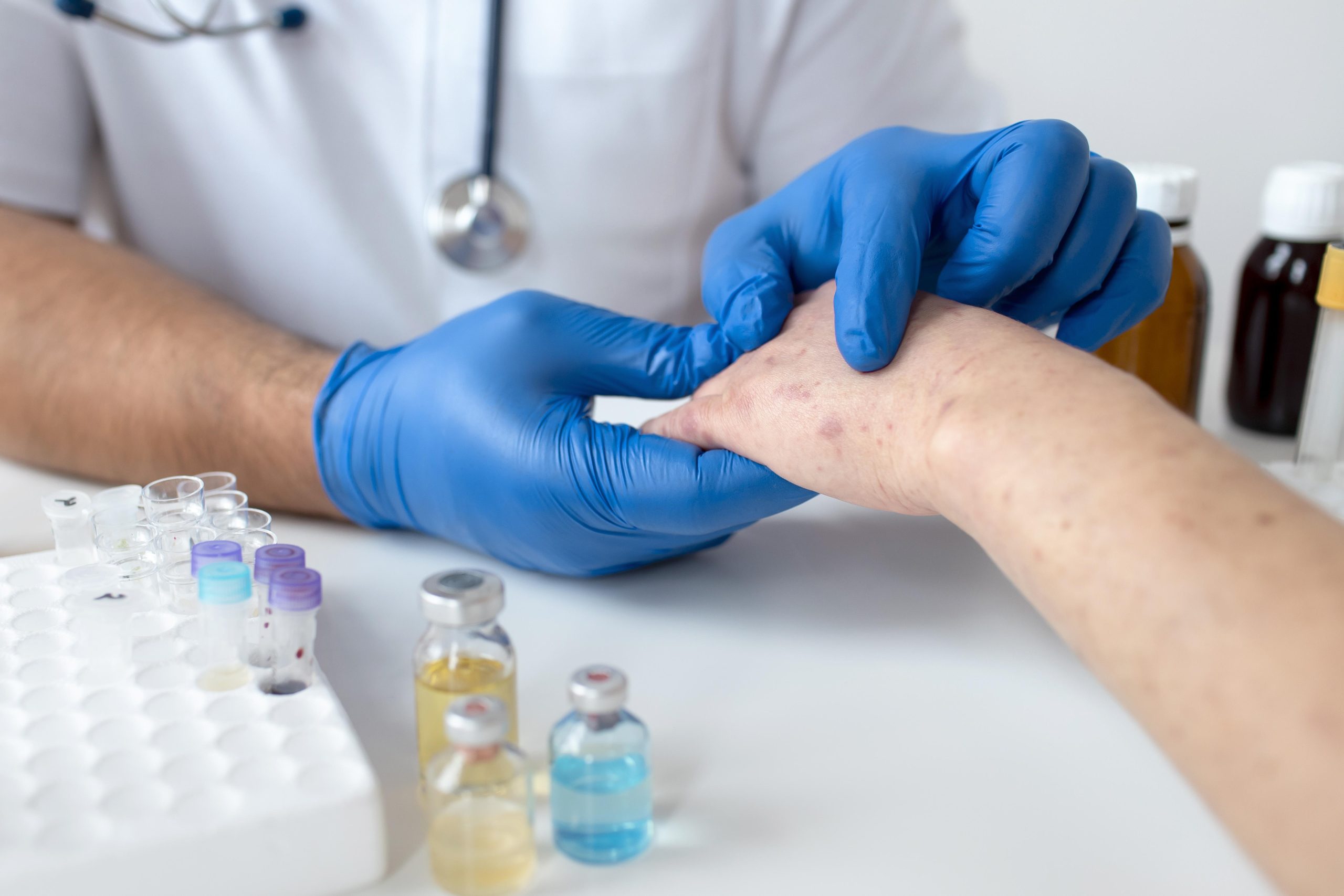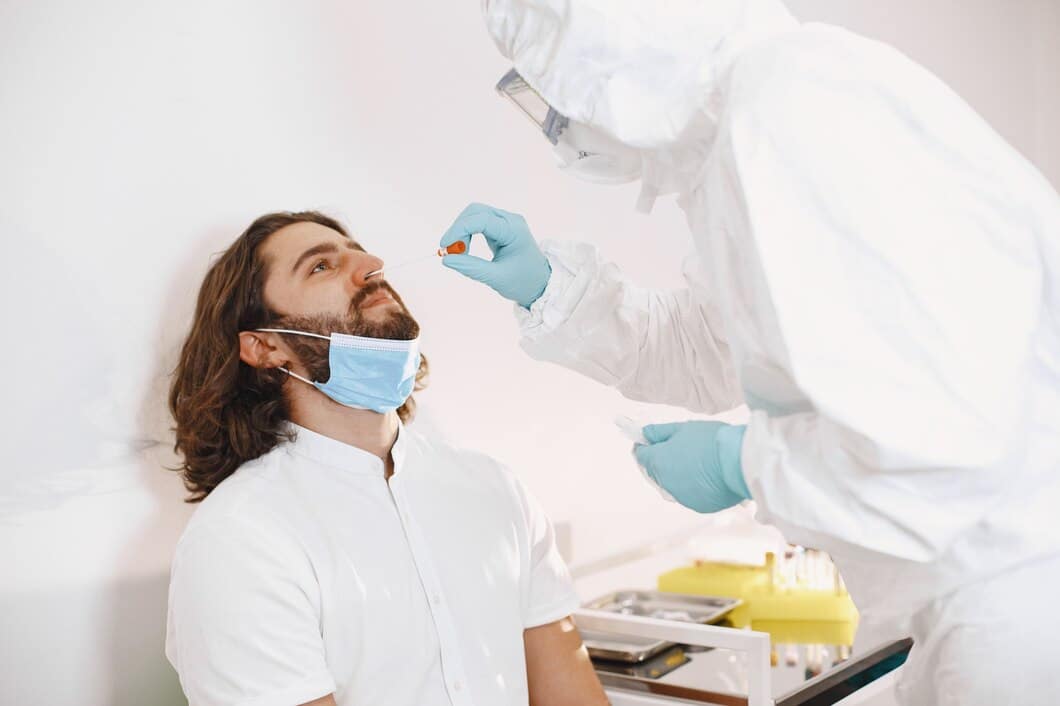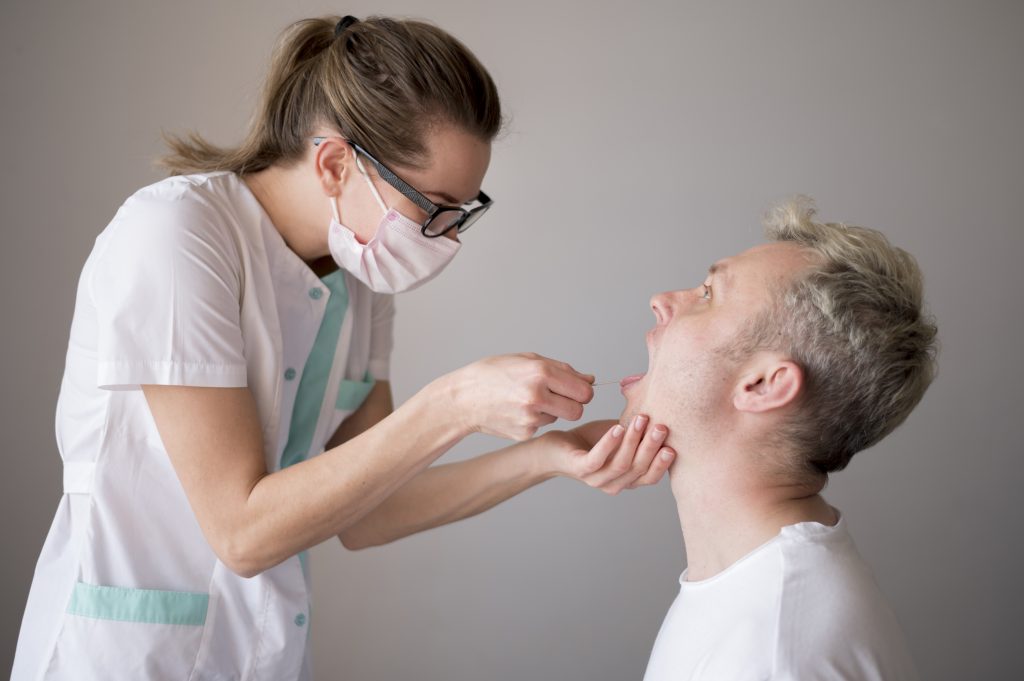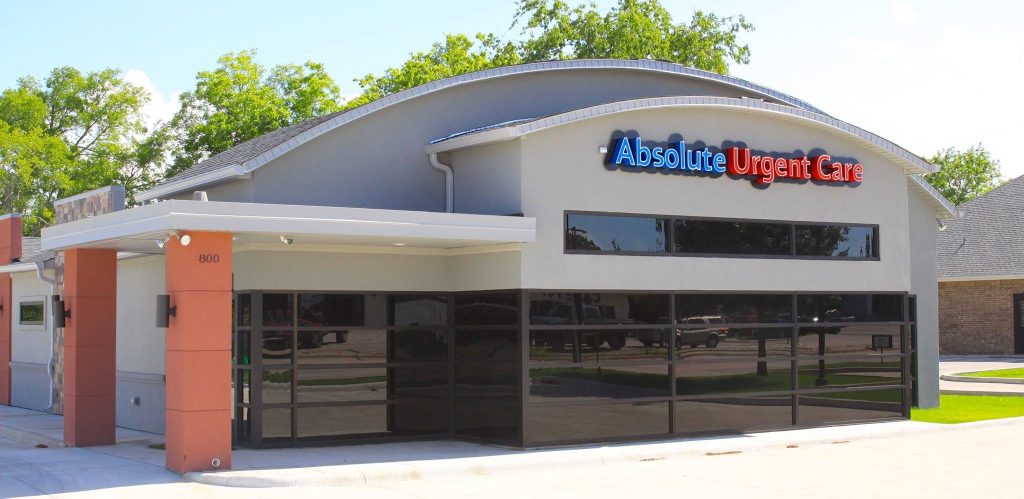Allergic reactions can be both alarming and confusing, especially when it comes to choosing the right kind of care. Whether it’s a severe reaction that needs immediate emergency treatment or a less critical episode that can be handled at urgent care, knowing the difference is crucial. This guide explores common triggers, warning signs, and factors to consider, so you can make quick, informed decisions and get the care you need when every second counts. Your health is in your hands.
Table of Contents
ToggleUnderstanding Allergic Reactions
Allergies reactions occur when your immune system mistakes harmless substances for threats. Common triggers include pollen, pet dander, certain foods, and insect stings. These allergens spark a response that ranges from mild irritations like sneezing and watery eyes to severe conditions such as anaphylaxis.
Symptoms may involve swelling, hives, and difficulty breathing, serving as clear warning signs of an overactive immune response. By understanding what allergic reactions are and recognizing their triggers, you empower yourself to act swiftly. This knowledge helps you determine whether urgent or emergency care is necessary, ensuring you quickly receive the right treatment without delay, immediately.
When Emergency Care is Crucial
When an allergic reaction escalates, it’s essential to act quickly. Seek emergency care if you experience any of these severe warning signs: difficulty breathing, tightness in the chest, swelling of the throat or tongue, or a rapid, weak pulse.
In some cases, hives may spread rapidly and signal the onset of anaphylaxis, a life-threatening condition that demands immediate medical attention. For example, if you accidentally ingest a food allergen and begin feeling lightheaded or struggle to breathe, don’t hesitate—call 911 immediately.
Additionally, if you notice swelling in your face, extreme dizziness, or a sudden drop in blood pressure, these are critical red flags. Keep an epinephrine auto-injector on hand if you’re prone to severe allergies, and always err on the side of caution by seeking help without delay. Every minute counts—act fast and trust your instincts. Immediately secure care.
When to Use Urgent Care
Urgent care is the right choice when an allergic reaction is bothersome but not life-threatening. If you’re dealing with moderate symptoms—like localized swelling, mild difficulty breathing, or limited hives that aren’t spreading rapidly—an urgent care center can provide the care you need quickly without the longer waits typical of an emergency room.
For instance, if you accidentally consume a food allergen and experience a rash or slight throat irritation, but your breathing remains stable, urgent care is a suitable option. At these facilities, you can expect prompt evaluation, administration of antihistamines or steroids, and close monitoring.
Urgent care bridges the gap between managing symptoms at home and requiring emergency intervention, ensuring you receive timely treatment and clear guidance for follow-up care if your symptoms persist or worsen.
Key Comparison Factors
When deciding between emergency and urgent care, think about response times, available resources, and cost. Emergency rooms are geared for life-threatening conditions, offering extensive diagnostics, specialists, and rapid intervention—but they often involve longer wait times and higher expenses.
Urgent care centers, however, focus on providing quick treatment for moderate reactions, with shorter waits and lower costs, though they lack the full range of advanced services found in hospitals. If you’re experiencing severe, escalating symptoms, emergency care is the safest bet. For less critical issues that still need prompt attention, urgent care is a practical and cost-effective choice.
Your Next Steps
Knowing the difference between emergency and urgent care for allergic reactions is vital to your health. Severe symptoms like difficulty breathing, throat swelling, or rapid pulse demand immediate emergency attention, while moderate reactions can be effectively managed at an urgent care facility. By familiarizing yourself with these guidelines, you’re better prepared to make the right decision when time matters.
Remember, nothing replaces personalized advice from a healthcare professional. If you’re ever in doubt, consult your doctor to ensure you receive the safest, most effective care possible. Your well-being matters always.





















